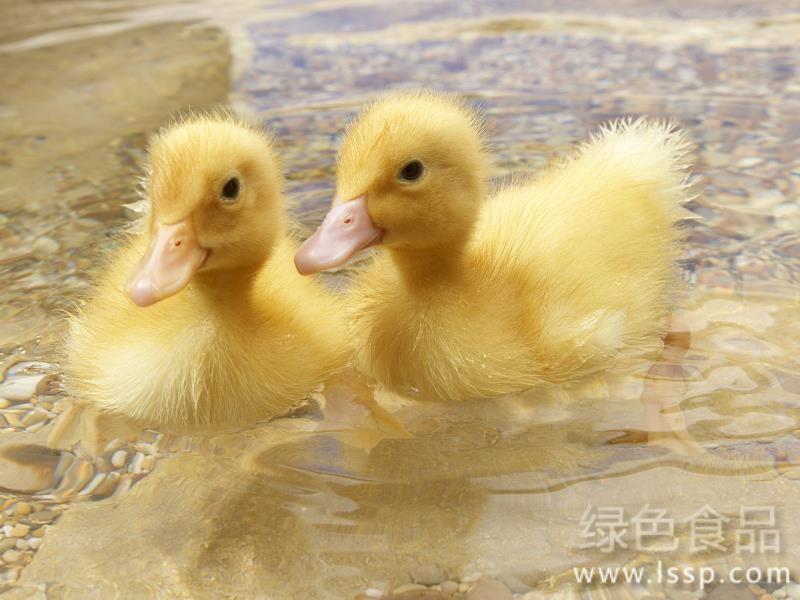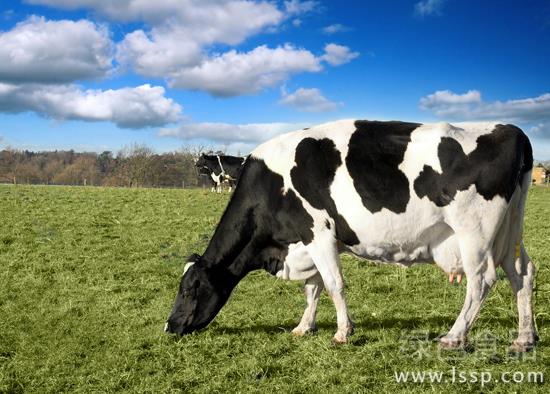Spring is the best season for brooding. Do a good job in brooding, feeding and management.
The best season of the year to cultivate ducklings is spring. Spring ducklings have less epidemic disease, grow fast, are easy to raise, easy to manage and have high economic benefits. However, in brooding and breeding, we must pay attention to the following links:

Ducklings
1. Pick out the seedlings.
At the same time, the ducklings should be shelled, the eyes are bright, the posture is strong, the movement is flexible, the feathers are glossy, the abdomen is soft, the yolk is absorbed well, the navel heals well, the flippers are fat, the hands struggle forcefully, the feet are warm, the calls are loud, and the cloaca contracts forcefully, moist and clean. When raising young, weak ducklings are often crushed to death because of stacking each other.
two。 Get through the level of raising chicks.
The rearing period of ducklings in spring is 1-20 days, especially the management of 1-7-day-old ducklings. To have a wider thickened mat grass nursery, each square meter put about 20 ducklings, so that ducklings activity space is larger. The heating of the nursery was done in advance, and the temperature was kept at 32 ℃. After that, the temperature of the nursery decreased by 1 ℃ every two days, until the temperature of the nursery was close to the outside temperature. The principle of temperature control is that ducklings do not gather together. Suitable temperature, strong feeding power of ducklings, uniform individual and fast weight gain. Duck farmers need to observe the situation of the duck flock frequently, and the ducklings should be dispersed every 20 to 30 minutes. Otherwise, moisture condensation on the feathers of ducklings will cause them to get wet. Attention should be paid to ventilation, and there should be no pungent smell of ammonia in the nursery to prevent exhaust gas and ammonia poisoning. In sunny weather, drive the ducklings to shelter from the wind or bask in the sun. The smaller and weaker ducklings should be picked out from other groups in time, and the feeding should be strengthened in order to improve the survival rate and population evenness of ducklings.
3. Pay attention to feeding hygiene.
24 hours after hatching, the ducklings should drink water. It is best to use deep well water or warmer tap water to prevent disease in the water. The ducklings can eat after drinking water for 1 hour, and the ducklings can eat freely after eating. Don't suddenly change the feed. Feed fixed time, do not feed mildew, often remove the mildew from the corner and bottom of the trough. When ducklings are raised flat on the ground, it is best to use flowing water to raise their young.
4. Strengthen management and prevent stress.
Give dark light at night, it is convenient for ducklings to feed and prevent mice, it is best to be cared for. Duck farmers should often contact and call ducks, and train them to feed, return to the pen, and graze. The ducklings were released for 10-20 minutes for the first time, and then extended gradually. During the day, the ducklings should be herded indoors or kept warm in small groups on the playground during the day, so as to prevent the ducklings from dying when it is cold at night. Ducklings can be induced to graze or return to the fence by playing music, and the stress caused by sound can also be reduced. In addition, attention should be paid to rodent control and prevention. Clean up the sundries on the ducklings' playground, organize the playground, and clean up the feces frequently.
- Prev

Application of melatonin in Fox Industry
Melatonin is an indole hormone secreted by the pineal gland in the animal brain, also known as pineal gland hormone. It was first applied in fur farms in North America in 1985. China solved the technology of synthetic melatonin and manufacturing melatonin implants in domestic chemical raw materials at the beginning of 1993. After 1998, melatonin is widely used in fur breeding in Northeast China. Melatonin has been used in Dongjin improved breed livestock farm in Xiangfan City, Hubei Province since 1999. in the course of 8 years of practical application, melatonin can induce fox fur to mature ahead of time and delay public silver black.
- Next

Be careful when using silage in spring the main points of silage feeding dairy cows
Be careful when using silage in spring the main points of silage feeding dairy cows
Related
- On the eggshell is a badge full of pride. British Poultry Egg Market and Consumer observation
- British study: 72% of Britons are willing to buy native eggs raised by insects
- Guidelines for friendly egg production revised the increase of space in chicken sheds can not be forced to change feathers and lay eggs.
- Risk of delay in customs clearance Australia suspends lobster exports to China
- Pig semen-the Vector of virus Transmission (4)
- Pig semen-the Vector of virus Transmission (3)
- Five common causes of difficult control of classical swine fever in clinic and their countermeasures
- Foot-and-mouth disease is the most effective way to prevent it!
- PED is the number one killer of piglets and has to be guarded against in autumn and winter.
- What is "yellow fat pig"? Have you ever heard the pig collector talk about "yellow fat pig"?

